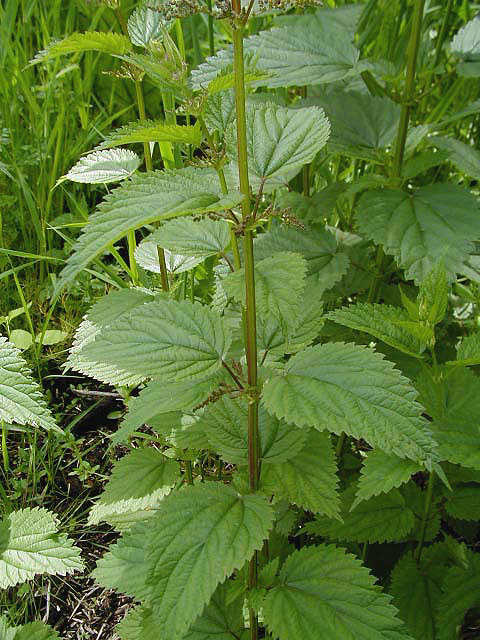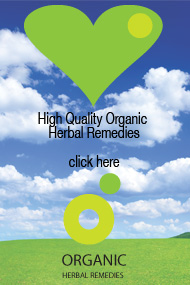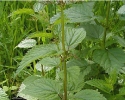Naturopathic health
Nettle Leaf Herbal Remedy
|
Benefits of Nettle Leaf - Urtica Dioica Nettle leaf information Nettle leaf is used by herbal practitioners as an anti-rheumatic, anti-allergic, blood-cleansing & building tonic. Nettle leaf can be used for: Arthritis Rheumatism Allergies including hay fever, asthma, eczema (especially in children), allergic rhinitis Urticaria Anaemia Nosebleeds (or any other bleeding in the body) Kidney and bladder infections Prostate problems Oedema Precautions Patients who are allergic to nettle stings should not apply the fresh or unprocessed dried leaves topically. Active compounds Histamine, formic acid, chlorophyll, iron, vitamins A & C What herbal practitioners say about Nettle leaf Nettles strengthen and support the whole body. They are particularly of use in allergic-type conditions, especially in the treatment of eczema in children, often if there is a nervous cause. Nettles are very nutritious, high in minerals including iron and silica and can be eaten as a salad vegetable in the Spring. They are useful in the treatment of anaemia, both to nourish the blood and to stop bleeding. Nettles have been traditionally used topically since Roman times in the treatment of arthritis and rheumatism, by stinging the affected area. Internally nettle will cleanse the blood of toxins that pool in the joints, leading to inflammation and pain. Nettles combine well with red clover and burdock in the treatment of eczema. Tincture dose Adult dose 0.5 – 2mls three times a day. Children’s dose (6 – 12 years old) 0.4 – 0.6mls three times a day
Naturopaths treat the whole person not just the disease or condition. That's why you cannot use this site for diagnosis or treatment. The information we provide should not be treated as a substitute for medical advice or treatment. We recommend that you visit a qualified naturopath or find a GP who is sympathetic to a naturopathic approach. Click here for our full disclaimer. |
Research homeHerbal remediesAdvice on buying herbal remedies
|
|
|
|
|
|
|
|
||
|
|
|
If your starting to move towards a healthy diet and you want to take a major step forward then a detoxification programme can make a big difference. Click on the link below to find out more. Healthy Recipes Juicing SupplementsBach Flower Herbal Acupuncture Homeopathy DetoxificationMassage Qi Gong Nutrition & Diet Iridology Tissue Salts |









